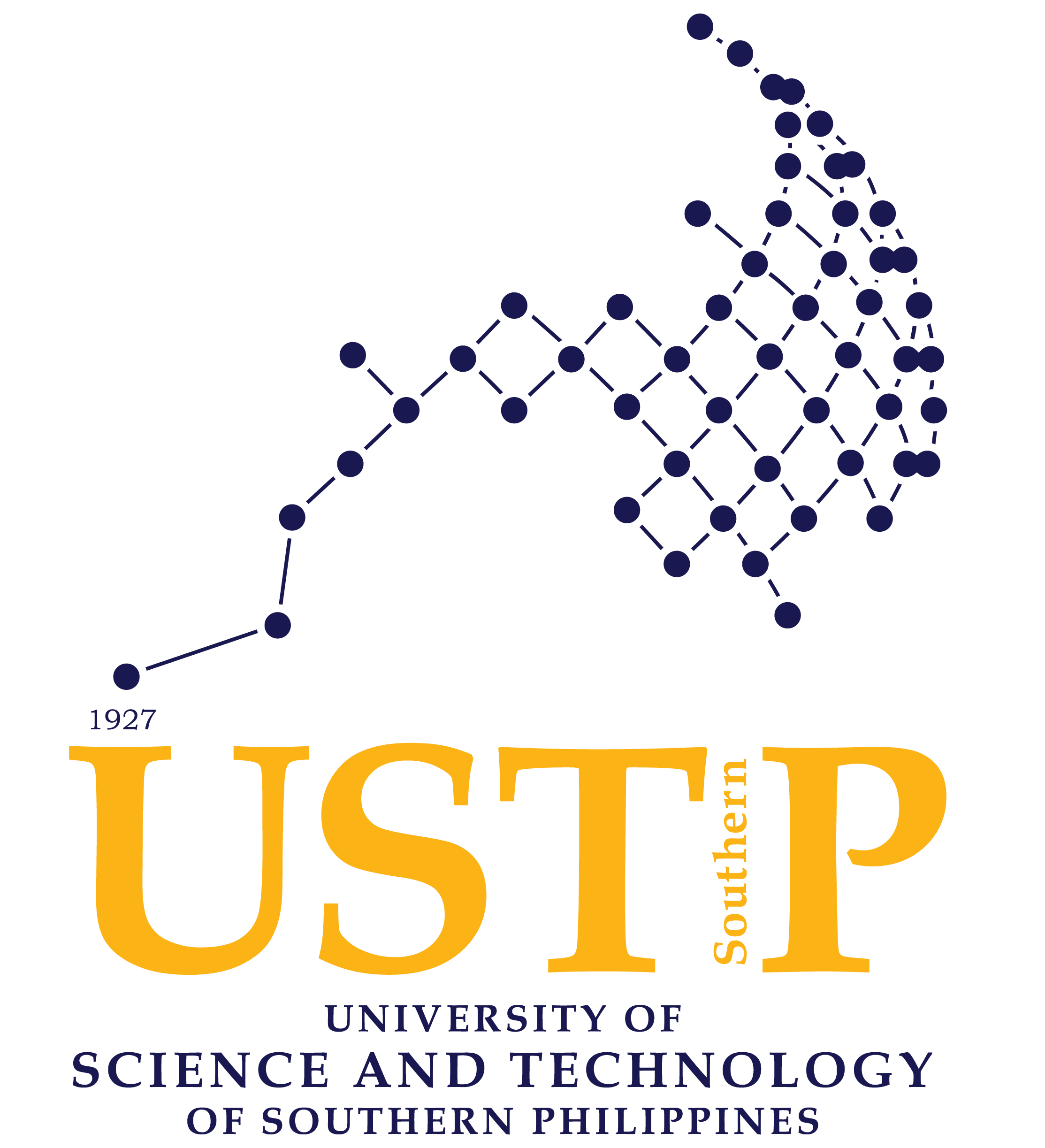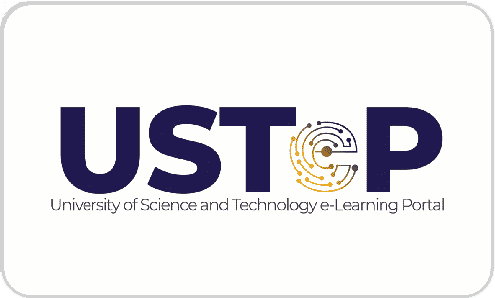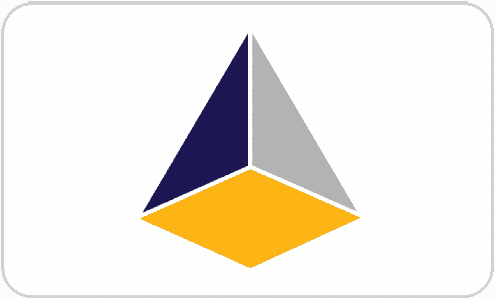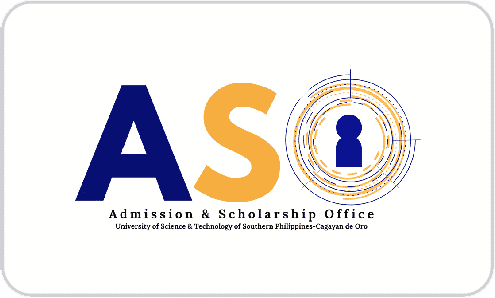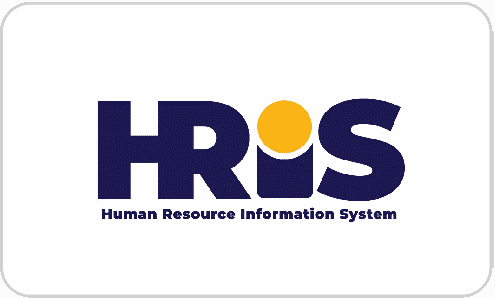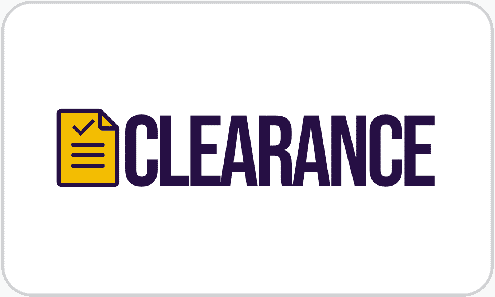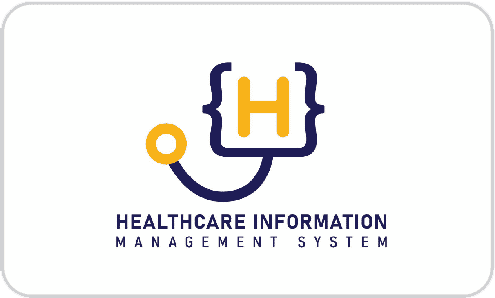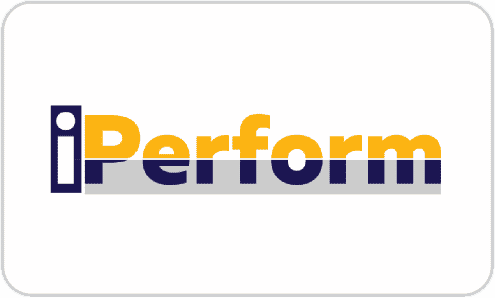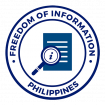USTP unlocks Leadership Potential through Values Formation and Leadership Development
By Jomerl I. Gomez, USTP System STRATCOMM
Share:
In a bid to strengthen the pillars of character, instill a sense of purpose, and mold effective leaders, the University of Science and Technology of Southern Philippines (USTP) launched the Values Formation and Leadership Development Program, in accordance with USTP System BOR Resolution No. 137, s. 2023 (USTP Wellness and Values Enhancement Program for Students, Faculty, and Staff). The initiative marked a significant step towards creating a community of individuals who not only excel in their professional capacities but also embody values that contribute to the betterment of society.
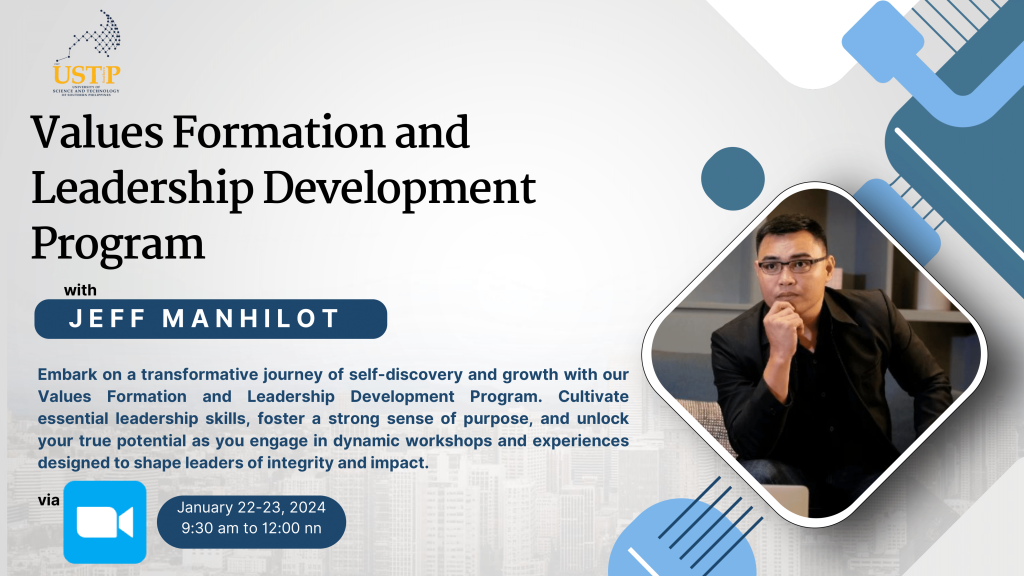
In relation, a two-day webinar was held on January 22-23, 2024, from 9:30 AM to 12:00 NN via Zoom Meeting, to bring about a transformative journey for the invited key officials of the university.
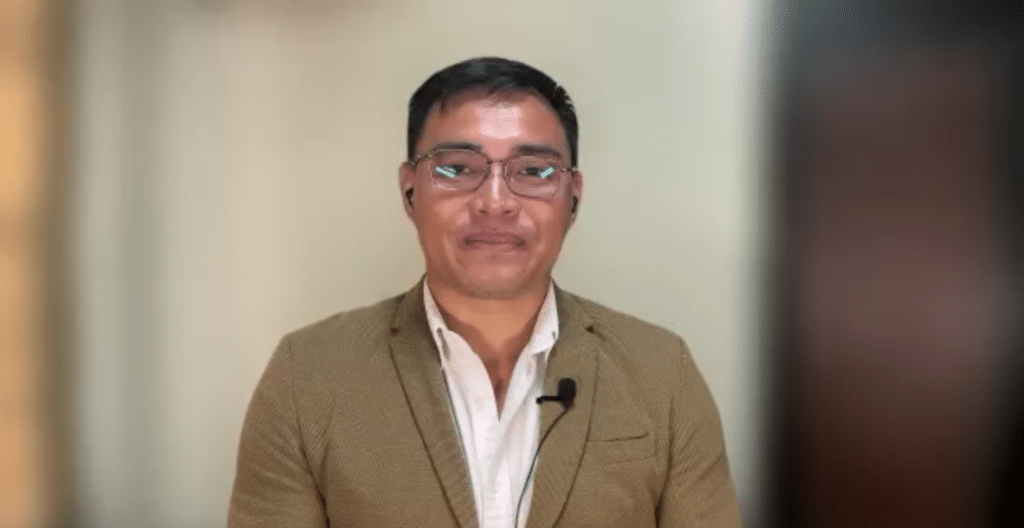
Mr. Jeff Manhilot, the President of Inspire Leadership Consultancy, Inc. and an expert in sales and leadership development, was invited as the webinar’s guest speaker.
Cultivating Authentic Leadership
The webinar placed a spotlight on authentic leadership, emphasizing that the effectiveness of a leader can be measured by their authenticity.
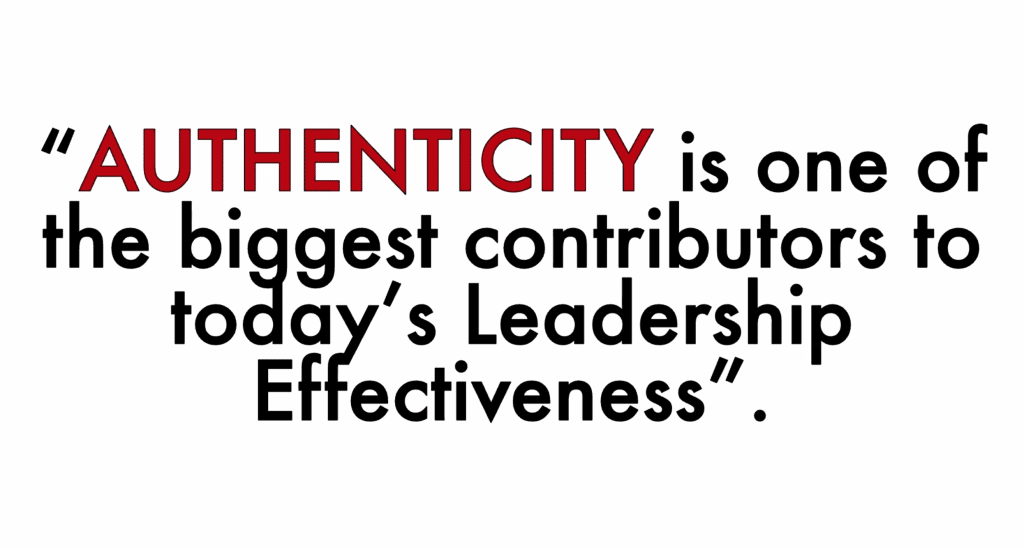
“There’s little to no gap between who they claim to be and what people see, hear, and feel when they are with them,” Mr. Manhilot shared about authentic leaders.
He also delved into the essence of authentic leadership, outlining three crucial components: Calling, Character, and Competence.
Calling: Unveiling Purpose
One key aspect of becoming an authentic leader is understanding the “calling” that led them to their leadership positions. In the context of the USTP System, participants were encouraged to reflect on what the organization called them for: “Who called you and what were you called to do?” The guest speaker also asked his audience to think about what vision the institution had in mind when entrusting them with a leadership role.
The workshop also underscored the importance of aligning personal and organizational goals, with a strong emphasis on embracing the institution’s mission, vision, goals, and core values. In summary, the guest speaker shared that one is called to “[achieve] the organization’s goals through others.”
Character: The Foundation of Leadership
Character, as emphasized by the guest speaker, is the bedrock of effective leadership. Tough times reveal the true character of leaders, and the workshop provided insights into grounding oneself in values. Particularly, the speaker discussed how a person’s character is seen in how they respond to pressure and heat. He also added that a person’s character is who they are when no one is looking.
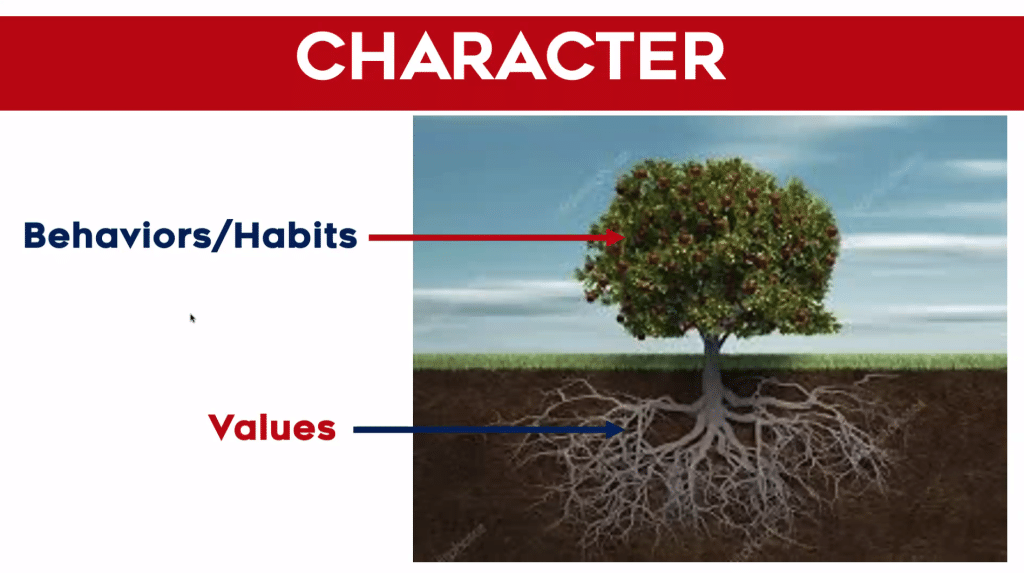
The guest speaker then shared the following tips on how one can develop character:
- Be intentional. Feed your mind with healthy and nutritious ideas and thoughts.
- Be vulnerable. Expose yourself to challenges and difficulties; take on extra responsibilities and stretch your limits.
- Be with good company. Surround yourself with people of integrity and Godly values.
- Be accountable. Hold yourself answerable to a few trusted coaches and mentors.
The attendees were then encouraged to reflect on their behaviors and habits, ensuring they are rooted in principles that uphold the integrity of leadership.
Competence: Striving for Excellence
While character forms the foundation, competence is the pillar that upholds the structure. During the second day of the webinar, the guest speaker underscored the importance of continuous learning and skill development to become a competent leader. Competent leaders are those who not only possess the necessary skills but also actively seek ways to enhance their abilities for the benefit of the organization and its members.
According to the guest speaker, competence is a cornerstone of authentic leadership, which encompasses a triad of essential elements: knowledge set, attitude (mindset), and skills set. The knowledge set represents what a leader knows, reflecting their expertise and understanding of various domains. Attitude, reflected by one’s mindset, is equally crucial, as it significantly impacts competence. Cultivating a positive and growth-oriented mindset enhances a leader’s ability to navigate challenges. The skills set, comprising practical abilities, is another pivotal aspect of competence, showcasing what a leader can effectively execute.
In relation, the guest speaker emphasized on effective communication as a vital facet of competence. As such, continuously upgrading one’s communication skills is imperative, and the “4 Ms” model—Messenger, Message, Manner, and Medium—provides a structured approach, which leaders should be conscious about when communicating with others.
Moreover, prioritizing the role of the messenger ensures that credibility and authenticity remain intact. Crafting a clear and impactful message, delivering it with the right mannerisms, and choosing an appropriate medium can greatly enhance a person’s communicative competence.
Lastly, the guest speaker shared the SALT approach, a framework on asking powerful questions, which is instrumental in improving one’s competence in communication.
- Start with the Right Intentions
In this step, a leader must understand where the other is coming from. The goal is to help them solve their problems. In doing so, the leader can also compel the other to think for themselves. As a result, the leader earns the other’s trust. - Ask 4Ws and 1H
Asking others open-ended questions using What, Where, When, Who, and How instead of immediately asking Why allows for a less intrusive communication process between the leader and his members. So, instead of asking “Why did you decide to go in that direction for your project?” one may choose to ask “What were the factors that led to your decision?” or “How did you arrive at that conclusion?” - Listen Actively
Active listening, classified as Level 5 or the highest level in the listening model developed by Stephen Covey, involves not only listening with your ears but also with your eyes and heart. This holistic approach considers both verbal and non-verbal cues, fostering a deeper understanding and connection in leadership communication. - Try Again
The guest speaker shared that nobody is perfect, so it is imperative to continuously practice one’s skill in communication to become a competent leader.
In Closing
The Values Formation and Leadership Development Program promised to be a catalyst for personal and professional growth. Participants left equipped with essential leadership skills, a strong sense of purpose, and a renewed commitment to ethical leadership.
As the USTP community embarked on this two-day journey, it is poised to create a positive ripple effect that shall extend far beyond the confines of the campus, shaping leaders who contribute meaningfully to the world.
